Eleanor Jolliffe examines what it means to be a professional and what the sorry evidence from the Grenfell Inquiry might teach us
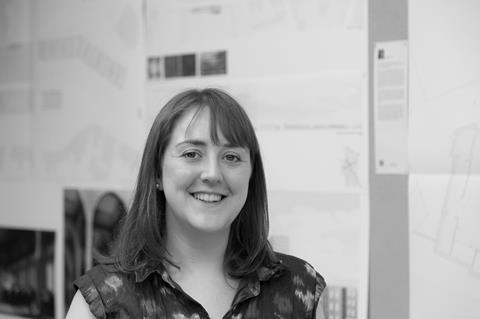
Seeing the coverage of the Grenfell Inquiry over the last few weeks – the examples of, in witnesses’ own words, “not good practice” – has been dispiriting. Alarm bells should be ringing loudly across the construction industry.
Flora Samuel in her most recent book looks at professionalism, specifically in relation to architects: “The inefficiencies and ineptitudes of some architects reflect badly on the excellent collaborative spatial problem-solving skills of others, the overall result being that this highly skilled and resourceful workforce is being marginalised from the production of our homes and cities.”
The marginalisation of architects within the building industry is commonly decried but there is perhaps a broader picture at play than most of us are currently seeing.
What we’re hearing from the Grenfell Inquiry is not helping to alleviate the breakdown of trust in professions that, for me, culminated most publicly and succinctly in Michael Gove’s statement in 2016: “I think the people in this country have had enough of experts… people from organisations with acronyms saying that they know what is best.”
Professions were once seen as having exclusive access to specialist knowledge. Professionals could be relied on to act disinterestedly and altruistically. This is no longer perceived to be the case. The internet has given almost universal access to more information than anyone can absorb or interpret in a lifetime. As a result many of us will google symptoms before calling a doctor, search for will forms before calling a solicitor, or perhaps read DIY forums before calling an architect. Professions thus find their traditional values, role and loyalties eroded.
Architects face a ’bogey of dispensability’
Flora Samuel
In addition, UK public policy since the 1980s has pushed all professions, especially those connected to the built environment, to become more responsive to market forces. Foxell argues that this splinters “the communality and collegiality of the professions and imped[es] mobility of individuals within the industry”.
An RIAS report from 1994 states that “clearly under pressure from a very hard market, professional standards were extremely vulnerable to commercial pressure”. More worryingly the Latham report (also 1994) quoted work carried out by the Association of Consulting Engineers that found in order to reduce their fee tenders, engineering consulting firms were prepared to edge towards what could be argued as unprofessional behaviour, including: less consideration of design alternatives (73%); less consideration to check or review designs (31%); not allowing for the higher risks of design errors occurring (40%); less resources on training graduates and technicians (79%); less resources on CPD and training (77%).
Twenty six years later the problems seem achingly familiar – with tragedies such as Grenfell arguably linked to decades of professional schisms, limited ongoing education, broken procurement systems and lack of public trust.
Samuel suggests: “If a profession is to flourish, it needs to take control of the situation through which it is presented to those in power, something that can be achieved only with a healthy and critical research culture.”
She also argues that architects face a “bogey of dispensability – the feeling that they aren’t really necessary and that what they do is of dubious worth”. This is undoubtedly true. But with a broad public mistrust of experts (even through a global pandemic) as well as in government figures, policy makers and the mainstream media – in authoritative voices more broadly – I don’t know if it is as simple as that.
For architects to regain more authority in shaping policy on housing and cities, even to regain authority within the construction industry, we need to regain the trust of those around us – and that starts with increasing our level of professionalism.
If we wish to retain (or regain) our role as a trusted profession we need to re-engage with specialist knowledge, better demonstrate our ability to act impartially and altruistically… and hope that public opinion will swing back round.


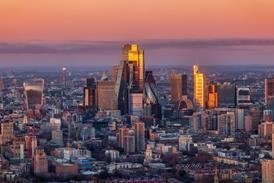
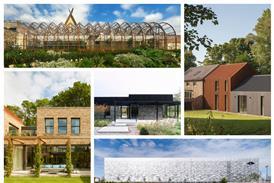
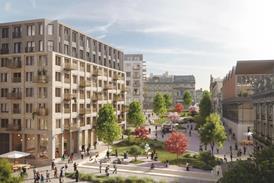
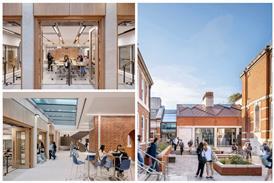










7 Readers' comments